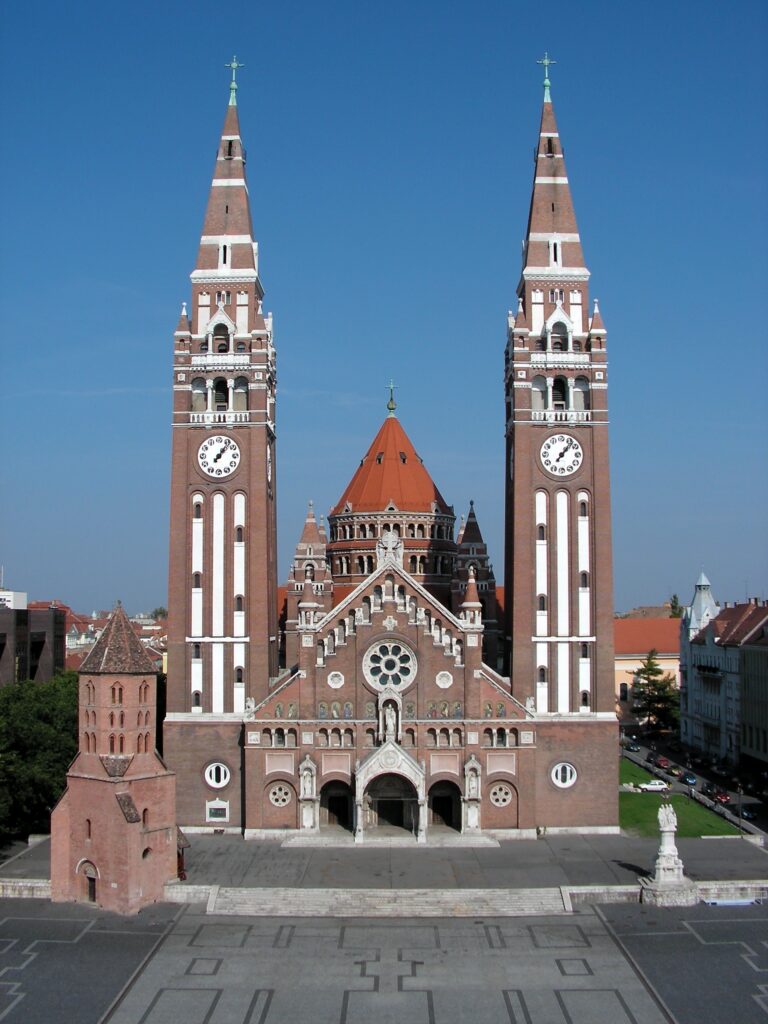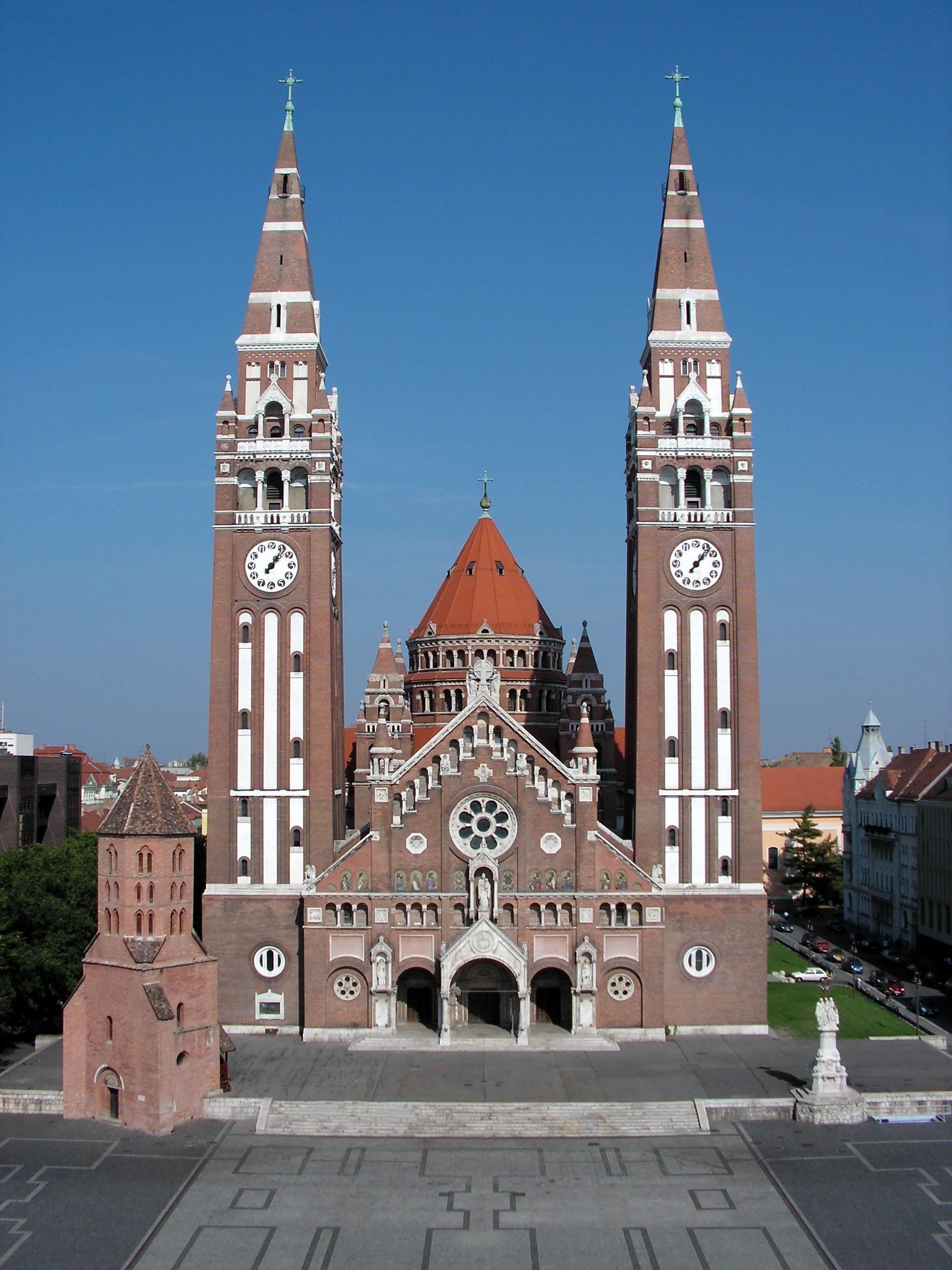Posted by: admin
Comments: 0
Post Date: October 1, 2023
Religion plays a significant role in the culture and history of Hungary. Here’s an overview of religion in Hungary, including its historical context, major religious groups, and religious freedom.

- Historical Context:
- Hungary has a long history of religious diversity and tolerance. It was initially converted to Christianity in the 10th century when King Stephen I of Hungary adopted Christianity as the state religion.
- Throughout its history, Hungary has been influenced by various religious groups, including Roman Catholicism, Eastern Orthodoxy, Protestantism, Judaism, and Islam.
- Major Religious Groups:
- Roman Catholicism: The majority of Hungarians identify as Roman Catholics. The Roman Catholic Church has a strong presence in Hungary, with numerous churches and religious institutions.
- Protestantism: Various Protestant denominations exist in Hungary, including Lutheranism and Calvinism. These communities have historical significance and continue to have a significant presence.
- Eastern Orthodoxy: Although a minority, the Eastern Orthodox Christian community in Hungary has a long history, with churches primarily serving ethnic Serbs and Greeks.
- Judaism: Hungary has a Jewish community, particularly in Budapest. However, it significantly decreased in size after the Holocaust during World War II.
- Islam: Hungary has a small Muslim community, primarily consisting of ethnic minorities like Roma and immigrants.
- Religious Freedom:
- Hungary’s constitution guarantees religious freedom, and individuals have the right to practice their religion freely.
- The Hungarian government officially recognizes and provides support to several religious denominations. This recognition allows these religious groups to receive financial assistance and tax benefits.
- Unrecognized religious groups can still operate but do not receive the same level of state support.
- Religious Holidays:
- Some of the major religious holidays celebrated in Hungary include Christmas (Karácsony), Easter (Húsvét), and All Saints’ Day (Mindenszentek). These holidays often include both religious and secular traditions.
- Churches and Religious Sites:
- Hungary is home to many historic churches, cathedrals, monasteries, and synagogues that reflect its rich religious heritage.
- St. Stephen’s Basilica in Budapest and the Esztergom Basilica are among the notable Catholic churches.
- The Dohány Street Synagogue in Budapest is one of the largest synagogues in Europe.
- Secularization and Decline in Religious Affiliation:
- Like many European countries, Hungary has experienced a decline in religious affiliation in recent decades. A significant portion of the population identifies as non-religious or atheist.
- Despite this trend, religious traditions and cultural elements continue to be important in Hungarian society.
- Religious Education:
- Hungary offers religious education in schools, with students having the option to attend classes in their chosen religion or ethics classes if they are non-religious.
- Interfaith Relations:
- Hungary generally has good interfaith relations, and religious tolerance is upheld by the government.
In summary, religion in Hungary has a diverse history and includes various religious groups, with Roman Catholicism being the largest. The country has a tradition of religious tolerance and guarantees religious freedom to its citizens. However, like many European nations, Hungary has experienced a decline in religious affiliation and an increase in secularism in recent years.



Leave a Reply